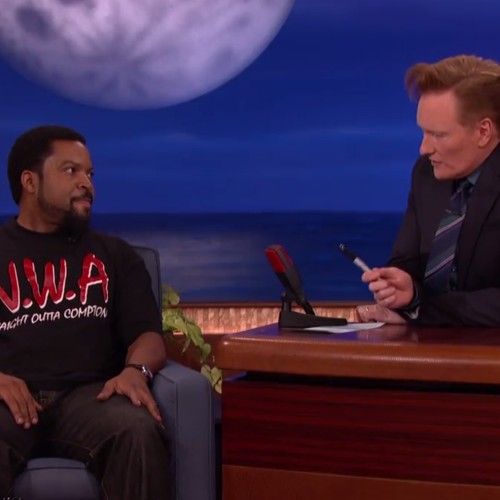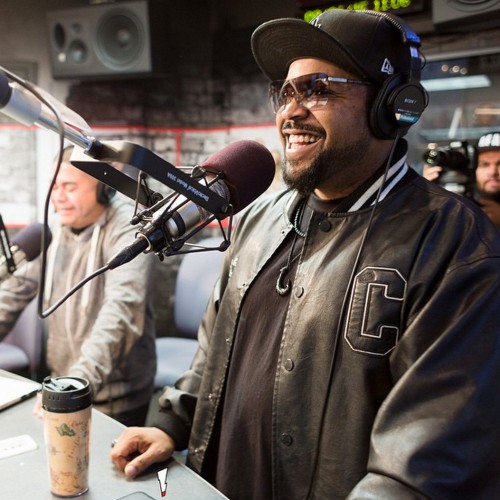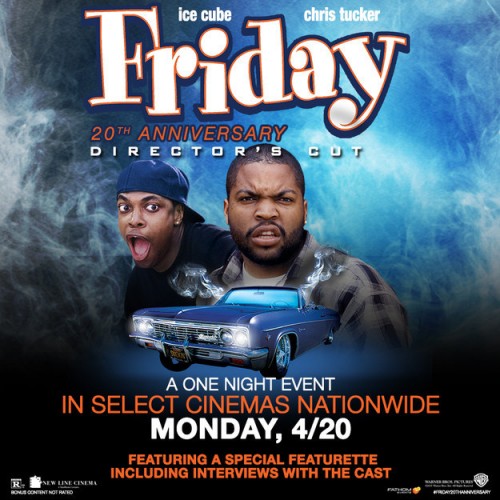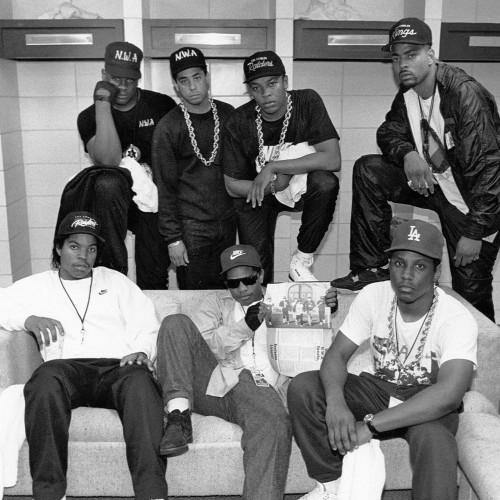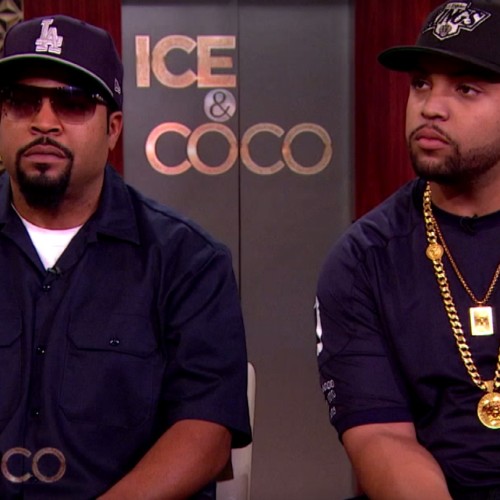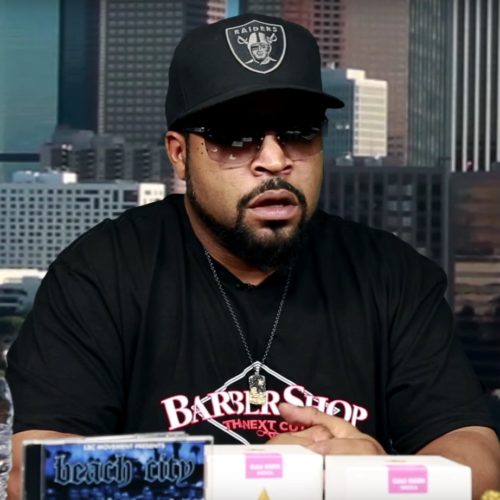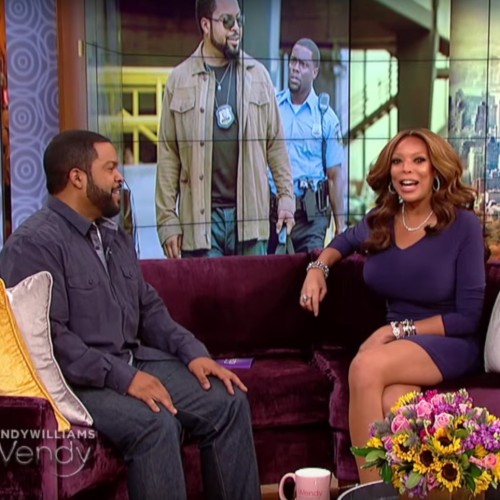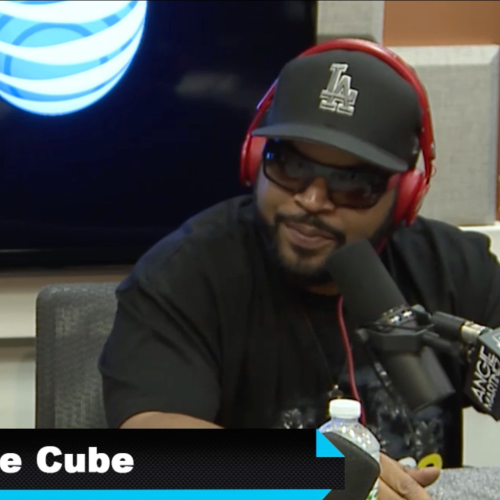BuzzFeed celebrates 20 years since Friday, and takes a look at why Friday still resonates today. Read more after the jump.
Friday, released on April 26, 1995, Friday was a bona fide laugh-out-loud comedy, and was a stark departure from the work Ice Cube had done before. It was a different twist from his acting debut in 1991’s Boyz n the Hood, a film set in South Central, L.A., that was wholly inspired by the music his rap group NWA — Niggaz With Attitude, for the ill-informed — created in the 1980s. (In fact, NWA member Eazy-E’s solo debut was a track called “Boyz-n-the-Hood,” which was co-penned by Ice Cube.) Friday, which has established quite the cult-like following since its release 20 years ago this month, will screen in nearly 400 theaters for one night only: 4/20.
This comedy was Ice Cube’s passion project, so much so that he paid the actors — most everyone remembers it being a payday of $5,000 apiece — out of his own pocket. This was the rapper’s chance to, in a way, mute some of the narrative that he was instrumental in giving the world. Through his music, he told street tales of everyday black and brown people living in one of L.A.’s most violent neighborhoods, and the scene was unpleasant. NWA touched on South Central street life (“Gangsta, Gangsta”), police brutality (“Fuck tha Police”), and censorship (“Express Yourself”) — and their music resonated in urban areas all across the country.
The hood and all of its faults (as presented in dramatic fashion, often with someone beloved dying violently in the end) had been a box office moneymaker: Menace II Society earned nearly $28 million in theaters, and Boyz earned almost $58 million and also was nominated for an Oscar. But in Friday — which Cube co-wrote with his longtime friend DJ Pooh — the hood wasn’t so unnerving. As bleak a place as it could be, there was much humor to be found.
“People thought how we grew up was like growing up in a war zone,” Ice Cube says in an interview with BuzzFeed News. “After movies like Boyz n the Hood, Menace II Society, and South Central came out, everybody thought the way we grew up was the worst thing ever in life. I didn’t see it that way. Of course it was rough, but we had fun with everything. We tried to laugh at things that most people would cry at.”
